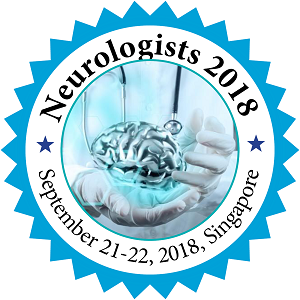
Soon Tae Lee
Seoul National University Hospital, South Korea
Title: Pathogenesis and treatments of autoimmune encephalitis
Biography
Biography: Soon Tae Lee
Abstract
Autoimmune encephalitis is not only the main etiology of limbic encephalitis, presented with seizure, memory loss, and psychiatric symptom, but also the most common etiology of new-onset refractory status epilepticus. Although the pathogenesis of autoimmune encephalitis is not fully known yet, recent studies in the last decade revealed susceptible genetics, initial germinal center reaction, generation of long-lived plasma cell, and synaptic action of antibodies. The pathogenesis leaded the improvement of treatment protocols. Because the autoimmune process blocks synaptic receptors or damages inhibitory neurons, channel-modulating anti-epileptic drugs are ineffective in many cases, and only immunotherapy can control the seizure. Empirical immunotherapy is often necessary even before the definite antibody diagnosis or exclusion of viral etiologies. Immunoglobulin is relatively safe and effective in both autoimmune and viral encephalitis. More advanced immunotherapies, such as Rituximab, Tocilizumab, and cyclophosphamide, should be preserved until the infectious etiologies are excluded sufficiently. Even though immunotherapies bring a dramatic improvement in some types of autoimmune encephalitis, they are double-edged sword and should be used cautiously. Supportive treatments is also important to ameliorate patients’ intractable symptoms. Further studies are necessary to develop the optimal protocol of immunotherapy in the autoimmune epilepsy.

